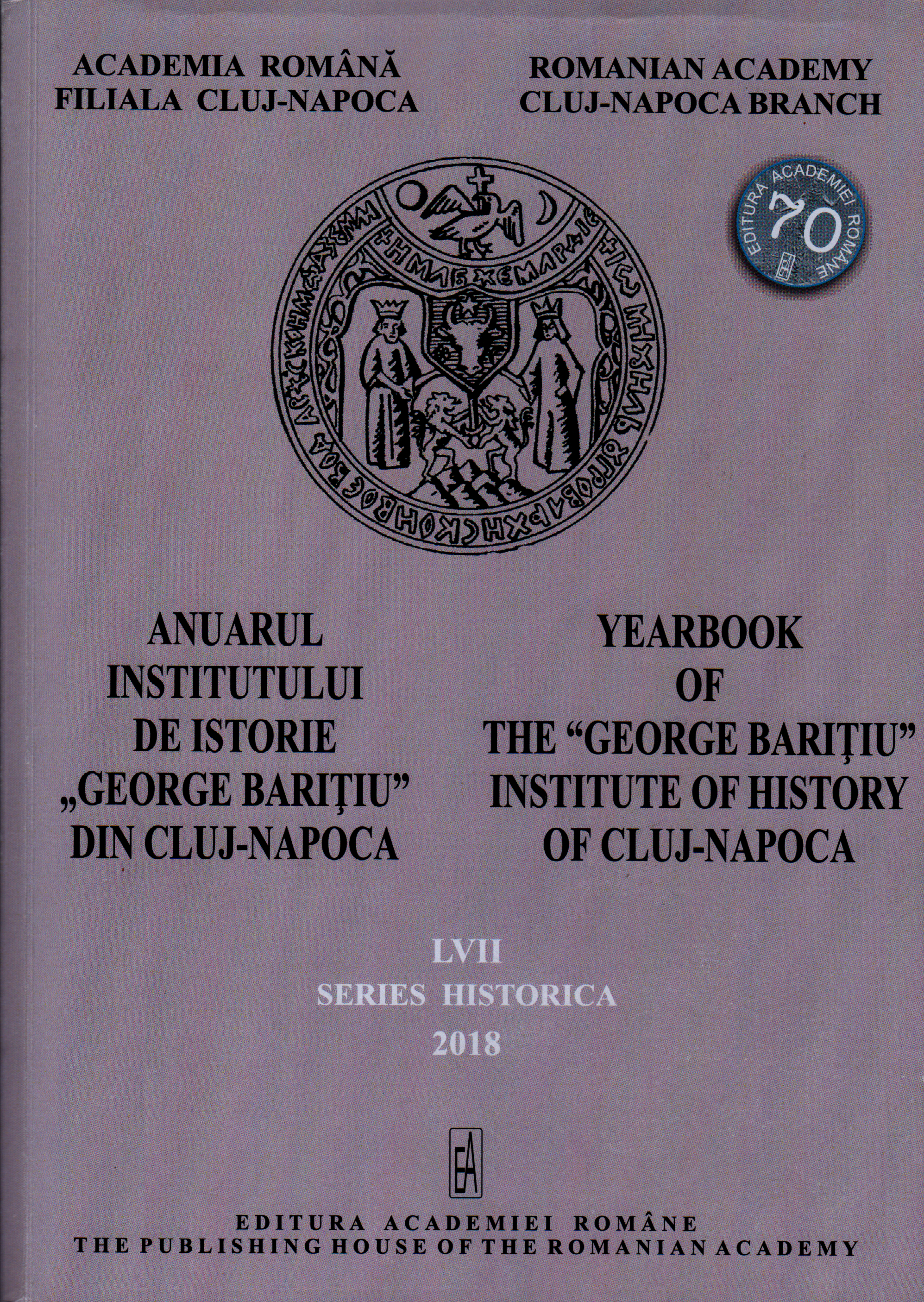The Hungarian Language Issue in Hungary and Transylvania before 1795
The Hungarian Language Issue in Hungary and Transylvania before 1795
Author(s): Daniela HaarmannSubject(s): Social history, 18th Century
Published by: Editura Academiei Române
Keywords: Hungarian erudition; Transylvanian erudition; 18th century; language issue; Ferenc Kazinczy; György Aranka.
Summary/Abstract: The Hungarian language issue and neoterism upraised as a consequence the transformation process within the European scholar world as of the political conflicts during the 18th century. Reasons for that were the criticism of using Latin as a language of education as of erudition, of the lack of knowledge of the broad mass of the population, the Enlighted ideal of general education of all parts of society, and the politics of Germanisation by emperor Joseph II, to name just a few. The bloody suppression of the Jacobin movement (1795), however, caused a deep caesura within the Hungarian erudition as some important Hungarian scholars were sentenced to death. Scholars like Ferenc Kazinczy in the Kingdom of Hungary and György Aranka in Transylvania tried to encourage the Hungarian language through the foundation of societies and of Hungarian-speaking scholarly journals. Though most of them were just ephemeral due to personal, political and financial reasons, they pathed the way for the modernisation of the Hungarian language as of the Hungarian erudition during the 1830’s and 1840’s. Based on the tree-phase-model of Miroslav Hroch, this paper discusses the Hungarian language issue and neoterism in Hungary and Transylvania in three sections: First, reasons for the beginning of the Hungarian language issue as its modernisation will be considered. The second part treats the foundation of scholarly societies, while the last section focusses on the foundation of scholarly journals.
Journal: Anuarul Institutului de Istorie »George Bariţiu« - Series HISTORICA
- Issue Year: LVII/2018
- Issue No: 57
- Page Range: 385-402
- Page Count: 18
- Language: English

